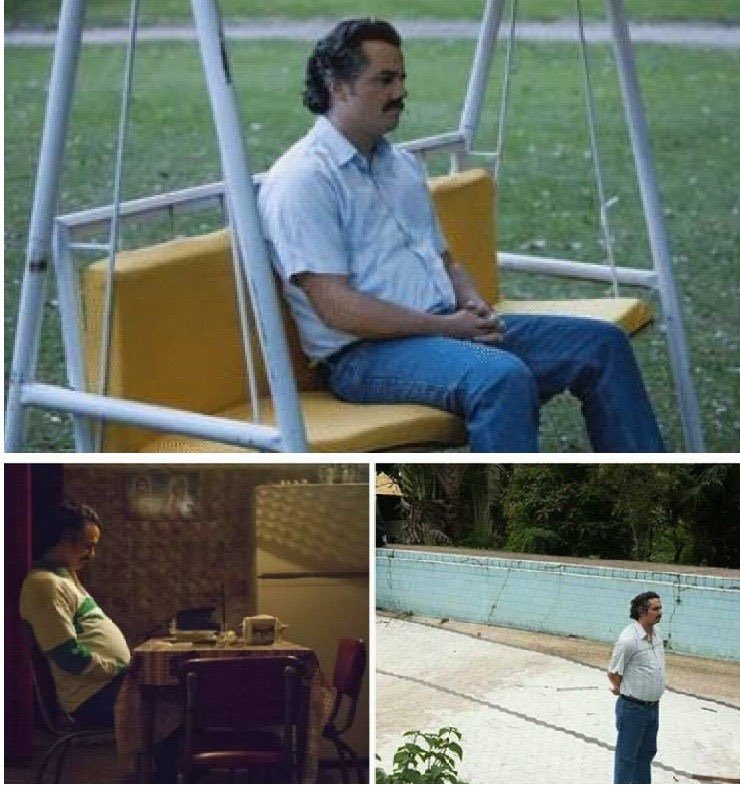What I Wish I Knew Before Becoming Manager to My Peers

Becoming a manager is not an overnight process. Although your role and job description may change suddenly, I view it as a transformational journey. It's similar to becoming a parent. You become a parent the day your baby is born, but it takes many years of experience to master parenting.
I am pretty sure there are situations when people are planning to become managers, are making the whole process very intentional, are preparing to switch from individual contributors to a manager position, benefit from coaching, and even find a mentor to help with the transition. They get exposed to different situations little by little and get the chance to see and feel the manager's responsibilities.
I was not in that category of people.
Like every new manager, I was promoted into management because I was good at something. But that something was different than management skills, I was good at software testing. I had no clear plan or guidance on how to become a manager, but instead of this, I received in my hands the fate of several people.
My previous bosses had set examples, positive and negative, but really, I quickly realized that I had to figure things out on my own, as copying someone else's style might be impossible to achieve.
I remember feeling scared and uncertain when I made the first steps into that first management role and not knowing how to figure all the things up. Nowadays I am still amazed at how much it takes to become a skilled manager.
After some years of trial, making mistakes, and having some well-deserved wins, here are the four things I wish I had known the day when I started this journey.
The game has changed. What made you a great individual contributor does not make you a great manager
And this was a tough one to take.
Before becoming a manager I relied on my technical expertise, I was contributing daily to delivering software and delivering quality, and all of a sudden that part was taken away from me and I had to start delivering something else.
I had no technical tasks assigned to me anymore, but I had my reports, who had recently been my peers, looking for clarity, support, and guidance on their career paths. And for most of these, I had no answers. Not yet. Everything that I knew and was so familiar with almost vanished and I had to dive in and start learning new things.
My first weeks felt agonizing. I was trying to understand the whole new ecosystem, who's doing what, who's responsible for what, who's having challenges and to build another kind of relationship with my ex-peers who recently turned into my reports.
I then tried to forge my own management style. While software testing technical skills were irrelevant in my new position, it turned out that my experience in communicating and organizing testing activities became a powerful tool in my new role.
There were many days when I would have dropped any meeting or any Power BI report I had to update just to turn up my sleeves and start testing the new features of any of my reports that were struggling with tight deadlines.
You'll be out of the gossip loop
I was promoted to a managerial position before the pandemic hit, and before the promotion, my team and I spent most of our time working together in the office. We used to enjoy coffee breaks and lunches together, chatting and sharing silly jokes. After I transitioned from being their peer to being their manager, something changed. For me and for them also. I could not be part of the cheeky jokes anymore and stopped being included in their group of discussions.
And that seemed to be fair. I could sense it was going to happen. I tried not to take it personally, but I made an effort to be even more mindful of what I said. As a manager, everything you say spreads and is shared in smaller groups where you may not be present and where you cannot control the narrative anymore.

You begin to feel lonely
And this was one of the strangest feelings I experienced when I first became a manager. No longer was I part of the team. Of course, I had other peer managers with whom I could consult before making a decision. But I no longer had that sense of being part of the team and we lost that kind of bond that we had while I was an individual contributor. People started to look at me differently, their expectations changed, and I became the person responsible for solving their problems, negotiating their salary increases, and having a significant role in their career advancement. At the same time, you must acknowledge the professional boundaries that define your role as a manager.
Don't get me wrong, I loved my team and we continued to hang out and have laughs and glasses of wine, but was hard for them to continue to see me as their peer.
I worked hard on trying to create an environment where they could feel safe and that they could openly approach me.
Democracy is a hard thing. I hear your opinions, and the decision is mine
Early in my managerial career, I was living this utopian dream where we as a team could collaborate and get unanimous approvals without having too much need for the hierarchy signature.
Little did I know.
Being new to managing my peers, I hoped that the old way of making decisions as a group would still function, where everyone was expressing his or her opinion, and naturally we came up with a decision. But no, after becoming their manager this stopped working, as they were looking to me for taking the tough decisions. This made total sense because, in your role as a manager, you have a better and more comprehensive view of the company's direction, priorities, and goals.
After reading everything above, it may seem like a difficult journey filled with various obstacles and challenging situations. And it is true. However, nothing compares to the satisfaction of knowing that you made a positive impact on someone's professional and sometimes personal growth. Helping them overcome obstacles and celebrating their successes, all the while knowing that you played a small role in their achievements, is an incredibly rewarding feeling.
All the best,
Mihaela🫶

